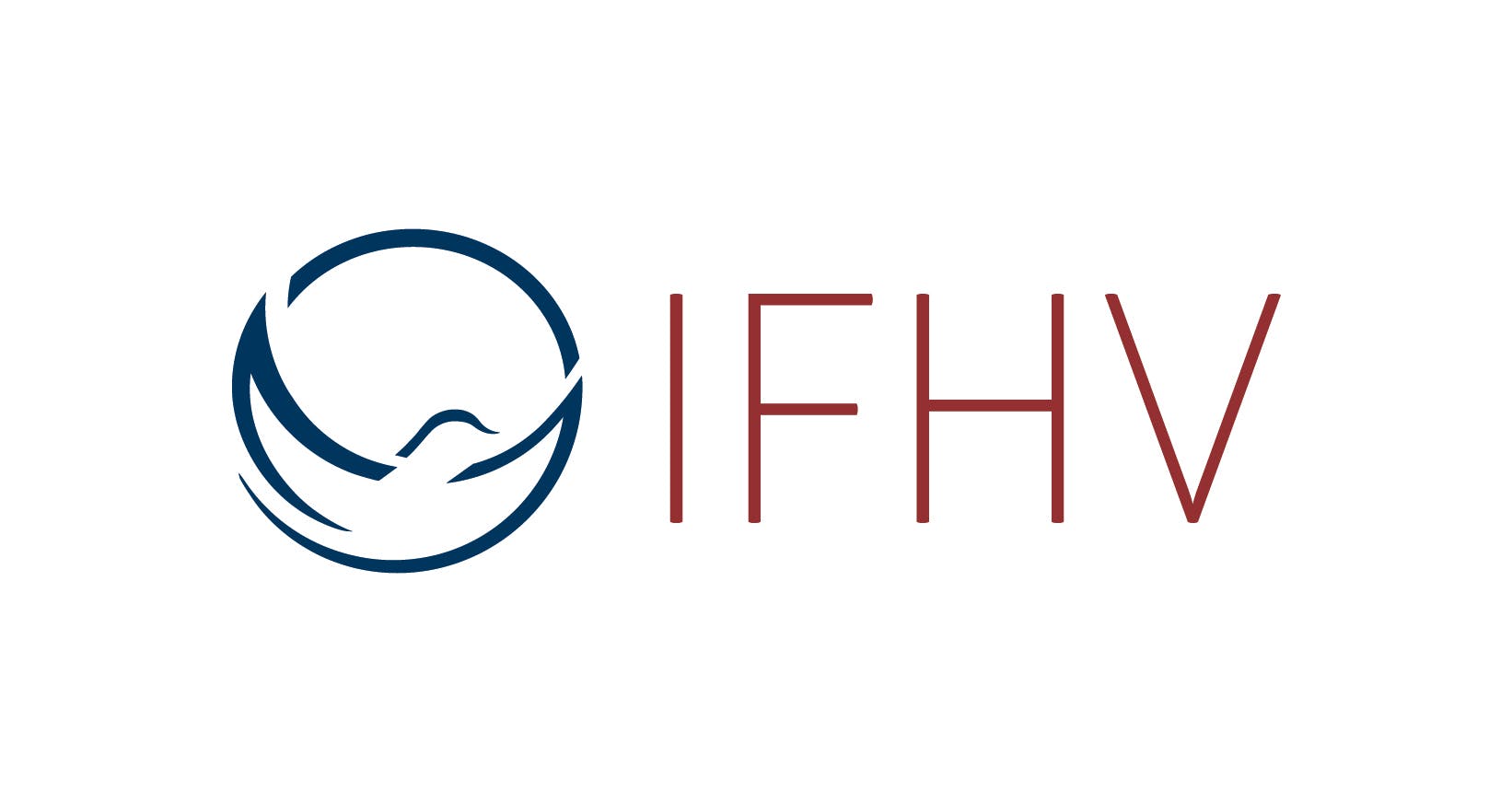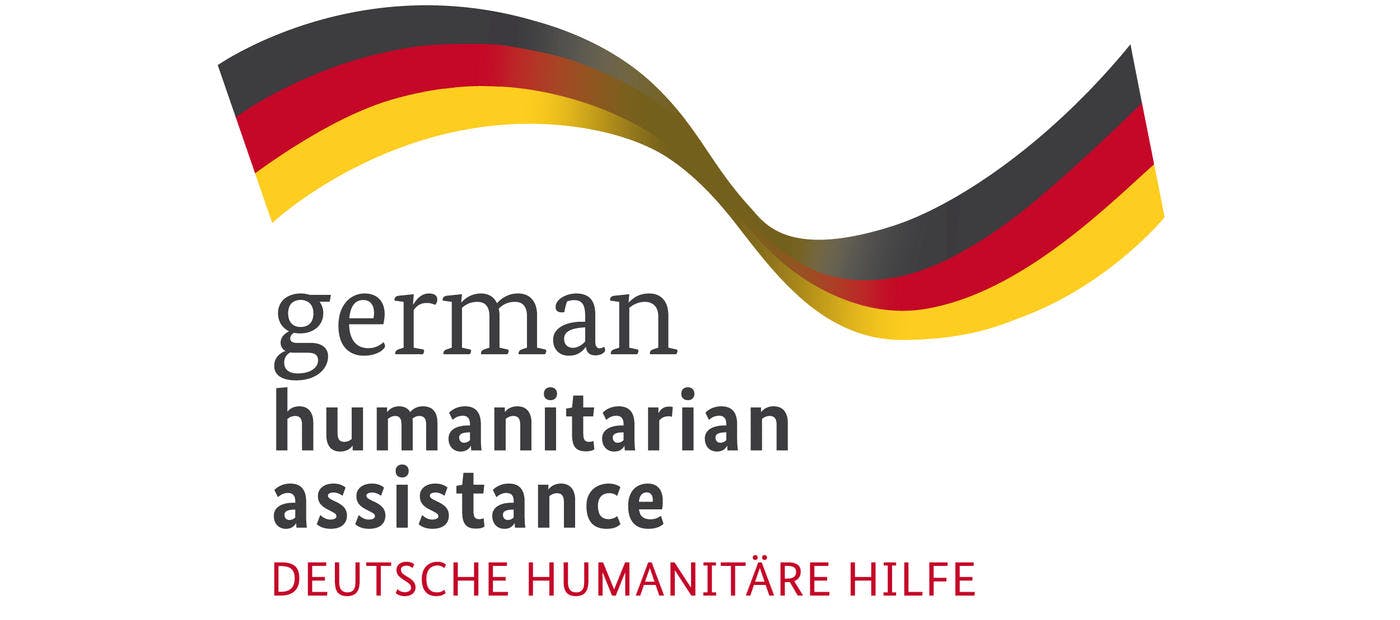Greening Humanitarian Shelter and Settlement Response
English
September 2024
1 ECTS
Certificate of Advanced Studies: Foundations of Humanitarian Action
Humanitarian actors globally are seeking to improve the environmental outcomes of their operations. The shelter and settlement sector offers concrete opportunities for such environmental improvements. In this course you will gain a knowledge of the key environmental impacts related to humanitarian shelter and settlements and learn how environmentally sensitive site planning and preparation can underpin a wider green humanitarian response. You will understand the multiplication of environmental impacts that comes from the scale of shelter responses, and how green shelter and settlement responses can contribute to sustainable energy and water access through a cross-cutting approach to green response. Further, you will gain skills in the design of green shelter and settlement responses in emergency contexts. After this training, you will be able to undertake environmental screening and environmental outcome monitoring to continually improve the environmental sustainability and climate compatibility of your work in this sector.
This workshop is designed for participants who want to take part in-person in Bochum (Germany) and for people who can only take part online (hybrid) . However, online participation is only possible during the morning sessions until lunch break. These sessions will be held by our trainers in Bochum, but will also be distributed via Zoom. In the afternoon, only participants who will be on site in Bochum can take part. Important: Only in-person participants can take the Certificate of Advanced Studies!
The training is part of aha's certification scheme and can be credited towards a Certificate of Advanced Studies in "Foundations of Humanitarian Action".
You will learn
the key environmental considerations for shelter and site planning
how to improve environmental outcomes through green shelter design and sensitive site planning and settlement management
how to monitor environmental outcomes for on-going improvement
practical experience in selecting, planning and implementing, green shelter response activities in emergency settings
Target group
Staff of humanitarian NGOs with several years of professional experience
Schedule
Course Introduction
Background and History of Green Humanitarian Shelter and Settlement Response
Coffee Break
Site Planning as a Foundation for Green Shelter and Settlements
Lunch Break
Emergency Shelter and Settlement Scenario Day 1 Part 1
Coffee Break
Emergency Shelter and Settlement Scenario Day 1 Part 2
Open Questions and Wrap-Up
Andrea Dekrout
Lecturer

Andrea Dekrout is an environmentalist with 15 years of experience in development and humanitarian settings. She worked as UNHCR’s Environmental Coordinator for 5 years. During that time she provided hands-on field assistance and support to improve the environmental sustainability of UNHCR operations globally. She is currently living and working in Nairobi, Kenya with the United Nations Environment Programme.
Gavin Reynolds
Lecturer

Gavin currently works for the Freshwater Ecosystems Unit at the United Nations Environment Program. His work at UNEP involves developing community-based initiatives such as the Adopt a River for Sustainable Development partnership of UNEP and Rotary. Prior to working at UNEP Gavin was an Environmental, and Water, Sanitation and Hygiene advisor for Swedish Red Cross and the International Federation of Red Cross and Red Crescent Societies. Previously he worked with the Autonomous Bougainville Government in Papua New Guinea and Cheetah Conservation Botswana. Gavin completed his Master of Science and worked at the University of Waikato in his home country of New Zealand before being employed by New Zealand’s Department of Conservation. Having worked in the Humanitarian, Development and Environment spheres he has developed a keen interest in the intersection of human development and environmental conservation with a focus on communities and community led initiatives.
Free
23.9.2024 - 25.9.2024
24 hours of training
Catering included
Location
 This training is organized by the Institute for International Law of Peace and Armed Conflict.
This training is organized by the Institute for International Law of Peace and Armed Conflict. This Training is part of a joint programme by IFHV and VENRO and is funded by the German Federal Foreign Office.
This Training is part of a joint programme by IFHV and VENRO and is funded by the German Federal Foreign Office.